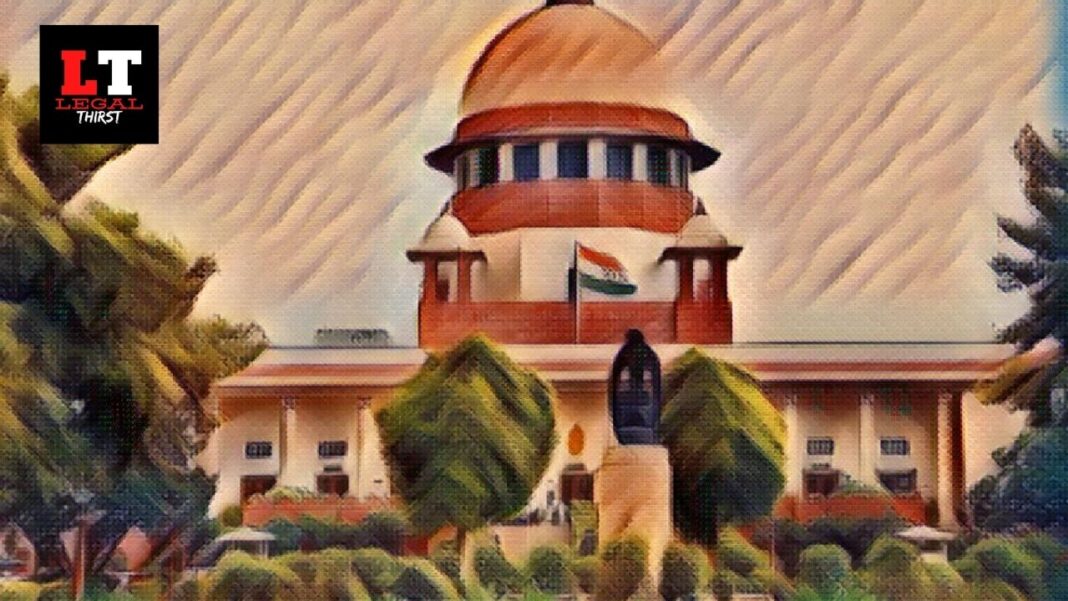The content of this post is written by Vidhanshi Bhardwaj. She is a Content Writing Intern at Legal Thirst.
Case Title
D.A.V. College Trust and Management Society and Ors. Vs. Director of Public Instructions and Ors.
Facts of the Case
According to the Right to Information Act, all public authorities are required to maintain public records accessible upon request where the Public Authority has been defined in Section 2(h) of the Act as “any authority or body or institution of self-government established or constituted:
(a) by or under the Constitution
(b) by any other law made by the Parliament
(c) by any other law made by the State Legislature
(d) by notification issued or order made by the appropriate Government, and include (emphasis added) any:
- body owned, controlled, or substantially financed;
- non-government organization (NGO) substantially financed, directly or indirectly by funds provided by the appropriate Government.”
The appellants moved before the Supreme Court claiming that the colleges, as NGOs, do not constitute ‘public authorities’ as defined under the Right to Information Act, 2005 and therefore are
not subject to it. The Appellants then argued that according to the opening portion of the provision, only authorities, bodies, or institutions actually concerned with self-governance could be declared to be public authorities, and therefore, the aim of the Act was to cover only the government and its instrumentalities, and not NGOs such as the colleges and schools.
Issue Raised
Whether non-governmental organizations (NGOs) substantially financed by the appropriate government fall within the ambit of ‘public authority‘ under Section 2(h) of the Right to
Information Act, 2005?
Judgement
The court was of the view that there were only 4 types of public authorities, “those setup – (a) under the Constitution, (b) by an Act of Parliament, (c) by any law made by State Legislature, or (d) by notification issued or order made by the appropriate Government,” and the appellants fell outside the scope of those categories. The respondents countered that the sub-clauses in the second section of the provision, which included bodies and NGOs substantially financed by the government, formed two additional categories under Section 2(h) of the Act.
The Court noted that the term NGO was not defined under the Act or any other statute, but described
bodies that are “legally constituted but non-governmental in nature” and schools and colleges would fall under that definition. Further, the organizations that receive part or all of their funding from the government shall maintain their status as an NGO if they are running independently and exclude government representation.
However, organizations that are not controlled by the government but receive substantial direct or indirect funding from the government would fall within the ambit of these sub-clauses. With regards to the appellant, the Supreme Court observed that it received grants equivalent to about 44 percent of expenditures of one of the Colleges and as far as the colleges are concerned, the State Government funds nearly 95 percent of the salaries of the teaching and non-teaching staff. It was also noted that teaching constitutes an essential part of the colleges, and not the other infrastructure like an auditorium, hostels, etc., hence, it was held that these Colleges/Schools are substantially financed and are a public authority within the meaning of Section 2(h) of the Act.
Conclusion
The Supreme Court dismissed the petition of the appellant.
Disclaimer: The opinions and views in the articles and research papers published on this website; are personal and independent opinions of the author. The website is not responsible for them.
Legal Thirst has created a telegram group for exchanging legal knowledge, Events, and various opportunities.
You can click on this link and join:
Follow Legal Thirst on Instagram and Subscribe to our YouTube channel for more amazing legal content.



